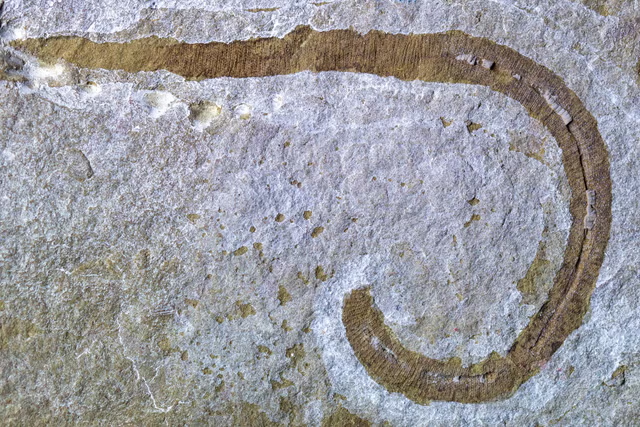Your diet could be affecting how fast your brain ages.
We are increasingly learning that our guts and our brains are intimately linked. But while there has been extensive research into how our diets can accelerate brain aging, less is known about the foods that can prevent cognitive decline.
"The emerging field of Nutritional Cognitive Neuroscience aims to uncover specific foods and nutrients that promote brain health across the lifespan," Aron Barbey, director of the Center for Brain, Biology and Behavior at the University of Nebraska-Lincoln, told Newsweek. "Central to this effort is the discovery of nutrient profiles that can be targeted in nutritional interventions designed to enhance brain health."
In a new study, published in the journal Nature Aging, Barbey, doctoral student Jisheng Wu, and research scientist Christopher Zwilling from the University of Illinois at Urbana Champaign used state-of-the-art technology to establish a set of specific nutrient profiles associated with better cognitive performance in adults over the age of 65.
"Our study [identifies] a key nutrient profile that may slow cognitive decline in older adults, offering a promising path towards designing nutritional interventions to promote healthy brain aging," Barbey said.
The study involved 100 cognitively healthy participants aged 65 to 75. Blood samples were collected to assess the levels of different nutrients in their blood, which were followed up by cognitive assessments and MRI scans.
The analysis revealed two types of brain aging among the participants: accelerated and slower than expected. And those with slower brain aging had a distinct nutritional profile. This included a combination of fatty acids, antioxidants, carotenoids, vitamin E and a nutrient called choline. The researchers said that this nutritional profile aligns closely with nutrients found in the Mediterranean diet, which has previously been associated with healthy brain aging.
The Mediterranean eating pattern is characterized by a diet rich in whole grains, fruits, vegetables, legumes and olive oil, with a moderate intake of cheese and fish and a limited intake of red and processed meat. But while this eating pattern has already been associated with a reduced risk of Alzheimer's and other neurodegenerative conditions, Barbey said that this study provides a more objective analysis of these associations.
"First, it's one of the largest and most comprehensive studies to use blood-based biomarkers to investigate the connection between diet and brain health," he said. "Second, it goes beyond traditional cognitive tests by employing multimodal neuroimaging measures. This provides a more complete picture of brain health, encompassing measures of brain structure, function, and metabolism. Finally, the study goes beyond focusing on single nutrients and identifies a specific nutrient profile associated with slower brain aging."
However, Barbey noted that, due to the associative nature of this study, further research was needed to confirm these results. "Despite the promise of this work, further research is necessary to apply these findings to the context of public health," he said. "Observational studies like this one need to be followed by randomized controlled trials to confirm the effectiveness of the identified nutrient profile in promoting brain health.
"Additionally, further research is needed to understand the specific mechanisms by which this nutrient profile may influence brain aging. Finally, longitudinal studies are needed to assess the long-term effects of dietary interventions based on this profile."
You can find the full study in the journal Nature Aging.
Is there a health problem that's worrying you? Let us know via health@newsweek.com. We can ask experts for advice, and your story could be featured in Newsweek.
Disclaimer: The copyright of this article belongs to the original author. Reposting this article is solely for the purpose of information dissemination and does not constitute any investment advice. If there is any infringement, please contact us immediately. We will make corrections or deletions as necessary. Thank you.



